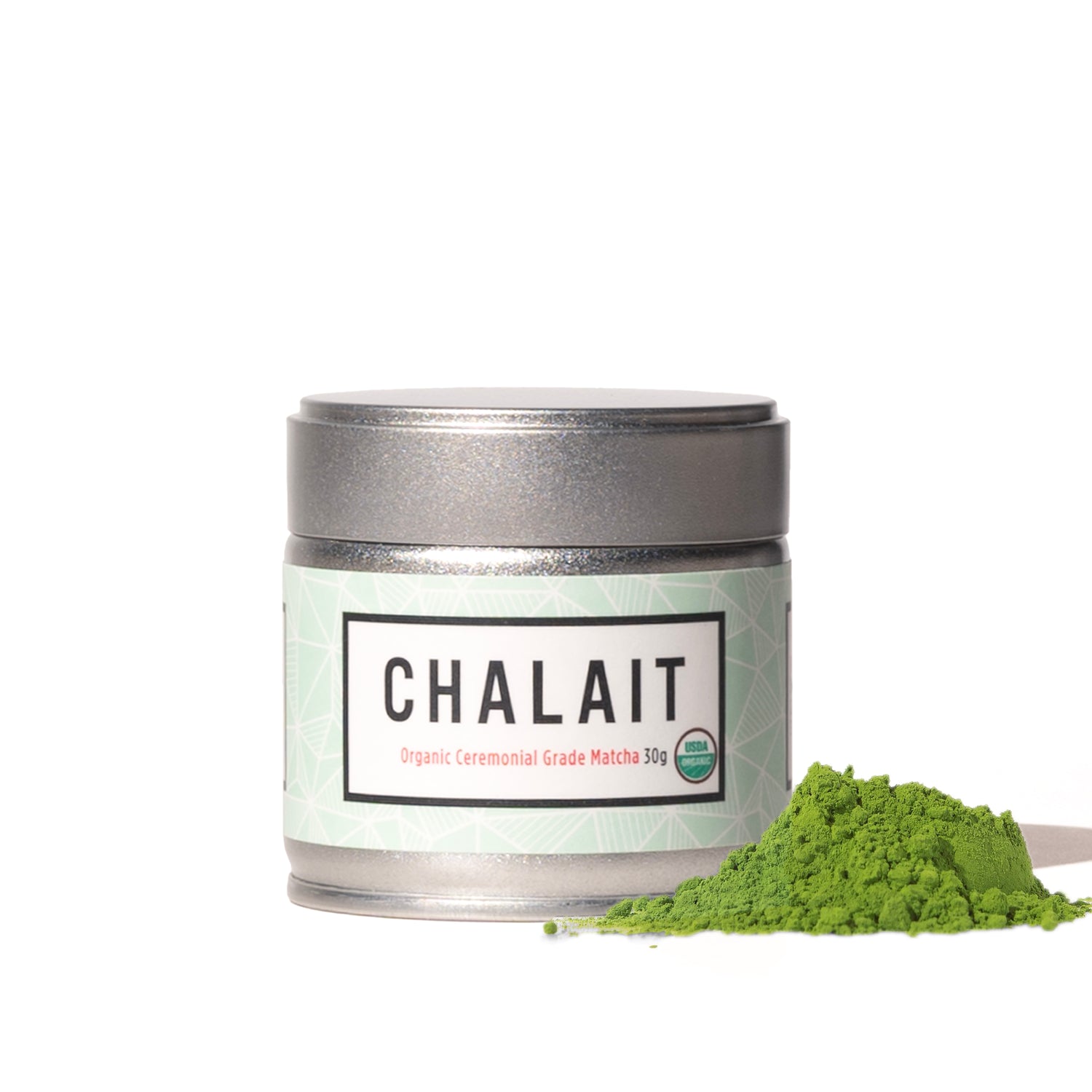Disclaimer: Before you start any diet it is important to have a chat with your practitioner to take in your personal health history.
It may come as a surprise that the terms Matcha and Weight loss are one of our highest search terms. We have held off addressing this as we sell Matcha powder as a tasty beverage, one with a unique set of health qualities. What we do not want to do is to promote Matcha tea as a fad diet, as this simply diminishes its reputation as a superfood tea.
Having said that, the below information explains how consuming Matcha regularly can help you to lose or maintain your weight.
How does matcha help you lose weight?
In clinical studies Matcha and green tea have shown aid in weight loss efforts and in maintaining weight loss. The primary components of caffeine and catechins that are in Matcha are responsible for its thermogenic properties.
Does that mean you can eat a burger and fries and lose weight? Of course not, the Matcha health benefits cannot make up for an overall unhealthy diet.
Below we explore how catechins and thermogenesis help to lose weight, and maintain weight loss.
Using Matcha as a coffee or latte alternative will ultimately save you in calories. An average large Caffe Latte can have up to 230cal, whereas a cup of traditional Matcha is under 20 calories, whilst still providing a comparable caffeine hit.
This is due to the thermogenic properties and the abundance of catechins
Catechins and weight loss
Catechins are an antioxidant responsible for reducing inflammation. Not only are they beneficial in the fight against chronic illnesses, but their potency is also currently being studied in reducing the risk of Alzheimer's disease, cancers and cardiovascular disease.
Catechins are abundant in green tea and even more so in Matcha powder. As such, scientists are now paying closer attention to the role of Matcha in weight loss and maintenance. Initial studies show that EGCG can help to make fat more available to be used as energy. It has also shown that catechins can reduce total fat accumulation.
What is thermogenesis
Thermogenesis is your body's generation of heat. As your body generates heat, it also burns calories. Types of thermogenesis include Exercise Associated Thermogenesis, Non-exercise Activity Thermogenesis and Diet Induces Thermogenesis
Dietary Thermogenesis refers to the heat (or calories burnt) while digesting nutrients. The thermic effect of food (TEF) is the increase in metabolic rate after consuming food. The composition of your food will depend on the amount of energy it takes to digest the food. For instance, 5-15% of the calories consumed in Carbohydrates will be burnt of in Thermogenesis. For protein, this is higher at an average rate between 20-35%.
Matcha's caffeine and catechin components work in unison to both increase your metabolic rates and to also oxidate fat.
Other foods that are said to have a higher thermogenic rate include caffeine, green tea, celery and grapefruit.
Which matcha tea is best for weight loss?
Matcha for weight loss is not a fad. However, we would be wary of any green tea or Matcha that is specifically marketed as a weight-loss supplement. A pure Matcha powder is best when embarking on a health journey. A pure powder is free from nasty chemicals and additives which may cause adverse reaction.
We recommend the Chalait Matcha Ceremonial Grade Powder. This can be consumed as a Matcha drink, or added to a smoothie for an antioxidant boost.


